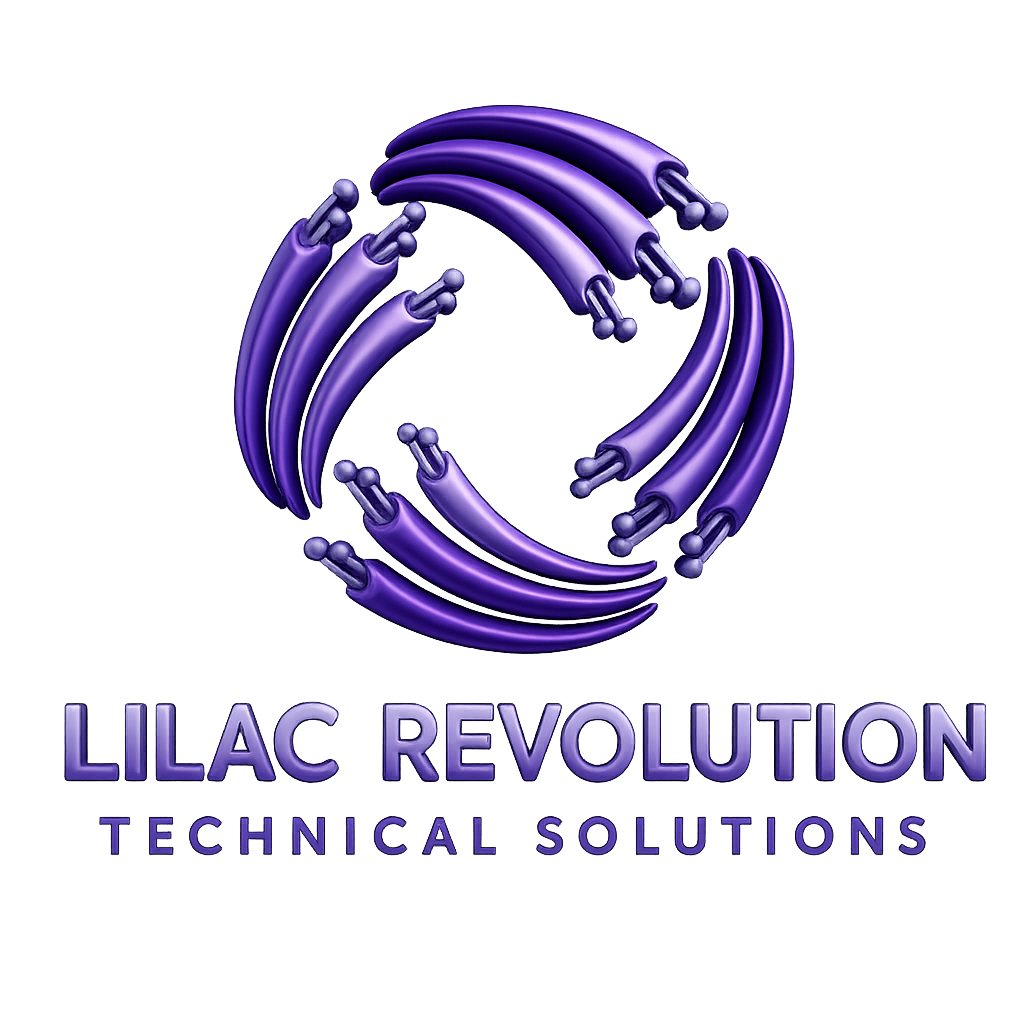Enhancing Team Performance: The Role of Project Management Tools
In today’s fast-paced business environment, project management tools have become essential for enhancing team performance and achieving project success. These tools offer a variety of features that streamline workflows, ensuring tasks are completed efficiently and effectively. By improving transparency and facilitating effective communication, project management tools empower teams to work collaboratively and make informed decisions. With real-time tracking and resource allocation capabilities, teams can maintain accountability in projects, leading to enhanced productivity and outcomes. In this article, we’ll explore how different collaboration tools can be customized to fit your team’s specific needs, setting the stage for success.## Streamlining Workflows
Project management tools play a crucial role in streamlining workflows, making it easier for teams to manage tasks and allocate resources effectively. Let’s explore how these tools can improve task management and enhance resource allocation.
Improving Task Management
Task management is a cornerstone of project success. Project management tools offer features that simplify this process, making it easier for teams to stay organized and productive.
These tools typically include task lists, calendars, and Gantt charts. They allow team members to create, assign, and track tasks in real-time. This visibility helps prevent work duplication and ensures everyone knows their responsibilities.
Many tools also offer automation features. For example, they can automatically assign tasks based on team members’ skills or workload. This saves time and reduces the risk of human error in task allocation.
Enhancing Resource Allocation
Effective resource allocation is key to project efficiency. Project management tools provide insights that help managers make informed decisions about how to best use their team’s time and skills.
These tools often include features like resource calendars and workload views. These allow managers to see at a glance who’s available and who’s overbooked. This information is crucial for balancing workloads and preventing burnout.
Some advanced tools even use AI to suggest optimal resource allocation. They can analyze past project data and team performance to recommend the best person for each task. This data-driven approach can significantly improve project outcomes.
Boosting Team Communication
Effective communication is the lifeblood of any successful project. Project management tools offer various features to facilitate dialogue and keep everyone on the same page through real-time tracking.
Facilitating Effective Dialogue
Project management tools provide centralized platforms for team communication, eliminating the need for endless email chains or scattered messaging apps.
These tools often include features like comment sections on tasks, project-specific chat rooms, and @mentions. These features make it easy for team members to discuss specific tasks or issues without losing context.
Many tools also integrate with video conferencing software, allowing teams to quickly set up meetings directly from the project management platform. This seamless integration helps maintain project momentum and ensures all relevant information is easily accessible during discussions.
Real-Time Tracking Benefits
Real-time tracking is a game-changer for project management. It provides instant visibility into project progress, helping teams stay aligned and responsive to changes.
With real-time tracking, team members can see updates as they happen. This immediate feedback loop helps prevent misunderstandings and keeps everyone working towards the same goals.
Many tools offer customizable dashboards that display key metrics in real-time. This allows team members to quickly gauge project health and identify areas that need attention without wading through complex reports.
Driving Project Success
Project management tools are instrumental in driving project success by increasing accountability and allowing teams to tailor tools to their specific needs.
Increasing Accountability
Accountability is crucial for project success, and project management tools provide features that enhance it across the team.
These tools often include features like task ownership, deadline tracking, and progress reports. By clearly assigning responsibilities and deadlines, they create a culture of accountability within the team.
Many tools also offer performance analytics. These reports can highlight individual contributions, helping managers recognize top performers and identify areas where team members might need additional support.
Tailoring Tools to Needs
One of the greatest strengths of modern project management tools is their flexibility. Teams can customize these tools to fit their unique workflows and requirements.
Many tools offer modular designs, allowing teams to choose which features they need. This prevents information overload and ensures the tool enhances rather than complicates the workflow.
Some advanced tools even allow for custom field creation or integration with other software. This adaptability ensures that the project management tool can grow and change with the team’s needs over time.



